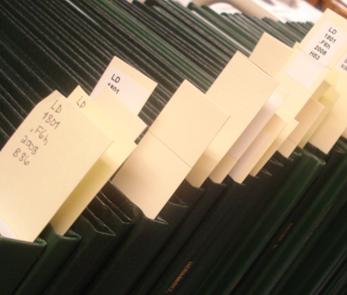
USF St. Petersburg campus Master's Theses (Graduate)
First Advisor
Major Professor: Deby Cassill, Ph.D
Second Advisor
Melissa Green, Ph.D
Third Advisor
Sean Doody, Ph.D
Publisher
University of South Florida St. Petersburg
Document Type
Thesis
Publication Date
2019
Date Issued
July 8, 2019
Abstract
The eastern mosquitofish, Gambusia holbrooki, is a surface-dwelling guppy native to the southeastern United States. While resilient to poor water quality, the fish is a voracious predator of the epilimnion, with established populations in most subtropical/tropical regions with surficial freshwater. Eastern mosquitofish are farmed and collected for use as biocontrol agents against the spread of many infectious, often life-threatening, mosquito-borne illnesses. I compared the reproductive success (fertility) of 370 gravid mosquitofish among 32 sites across central Florida to test the hypothesis that fertility is influenced by maternal, ecological, and environmental factors. I found that fish fertility (clutch size) differed significantly by region (Fig. 13a; R2 = 0.02, p < 0.0001), habitat classification (Fig. 13b; R2 = 0.007, p < 0.0001), preserved female weight (Fig. 13c; R2 = 0.58, p < 0.0001), total dissolved solids (Fig. 13d; R2 = 0.006, p = 0.0004), and conductivity (Fig. 13e; R2 = 0.007, p = 0.003). The strongest predictor of G. holbrooki clutch sizes was female weight, which accounted for 87.8% of the observed variation in fertility. Regional distribution was the strongest predictor of eastern mosquitofish weight. Water quality was a relatively weak predictor of mosquitofish characteristics and fertility. I found that females make significant (189%) post-fertilization nutrient contributions to developing embryos. To my knowledge, my study is the first to quantify maternal contributions to developing embryos in G. holbrooki. Gravid females displaying superfetation developed two clutches at different developmental stages simultaneously and were nearly three times as fertile as those not.
Creative Commons License

This work is licensed under a Creative Commons Attribution-Noncommercial-No Derivative Works 4.0 License.
Recommended Citation
Miller, Jordan David, "Comparing the Fertility of Florida’s Eastern Mosquitofish, Gambusia holbrooki, Based on Differences in Female Traits, Water Quality, and Habitat Type" (2019). USF St. Petersburg campus Master's Theses (Graduate).
https://digitalcommons.usf.edu/masterstheses/186


Comments
A thesis submitted in partial fulfillment of the requirements for the degree of Masters of Science in Conservation Biology Department of Biological Sciences College of Arts and Sciences University of South Florida St. Petersburg